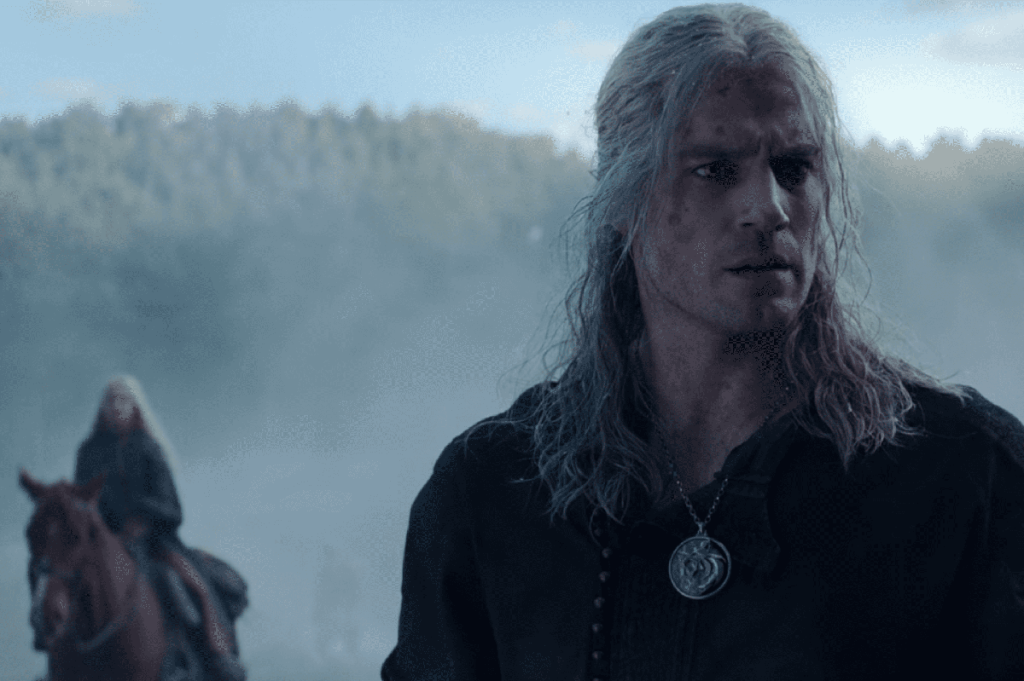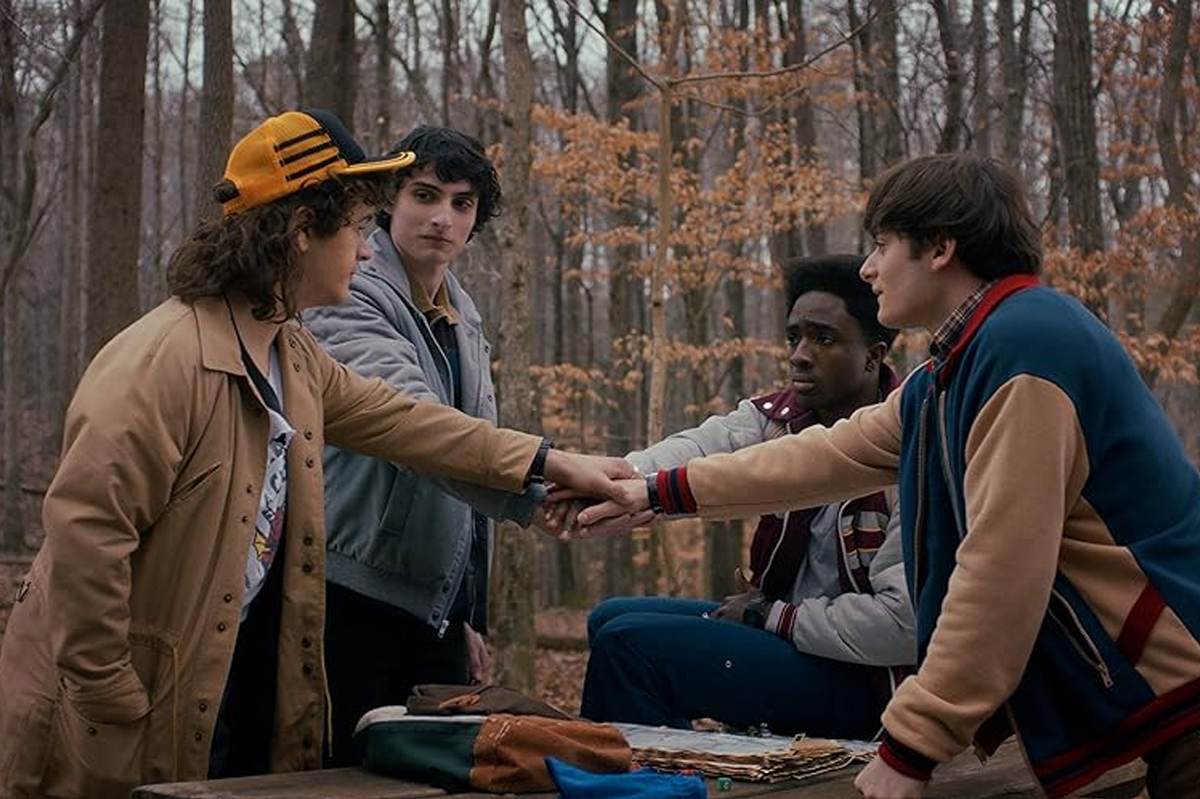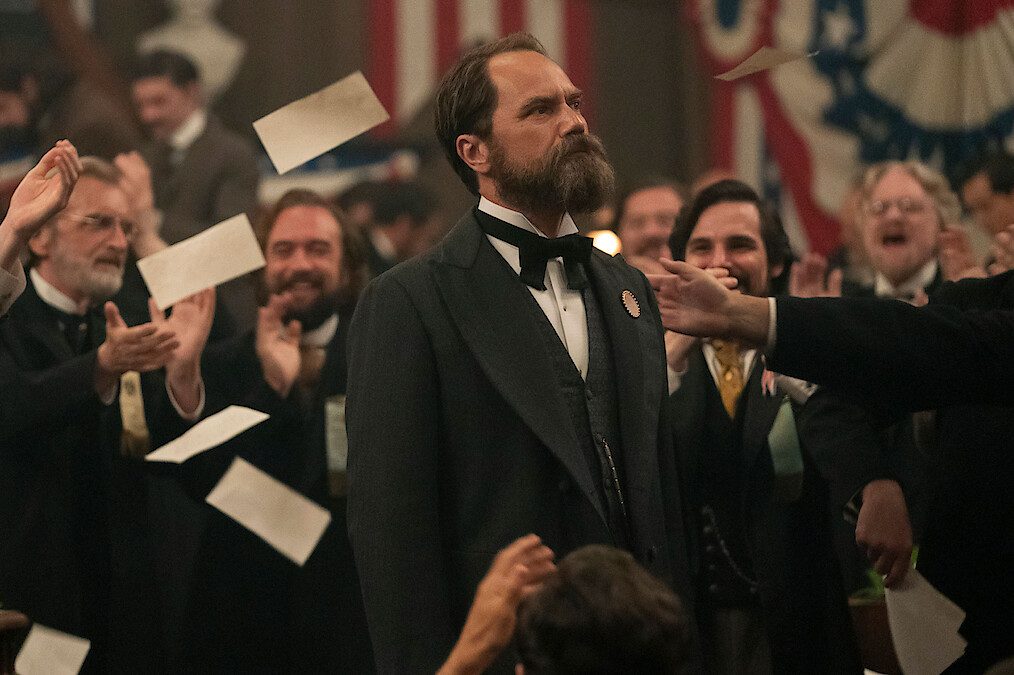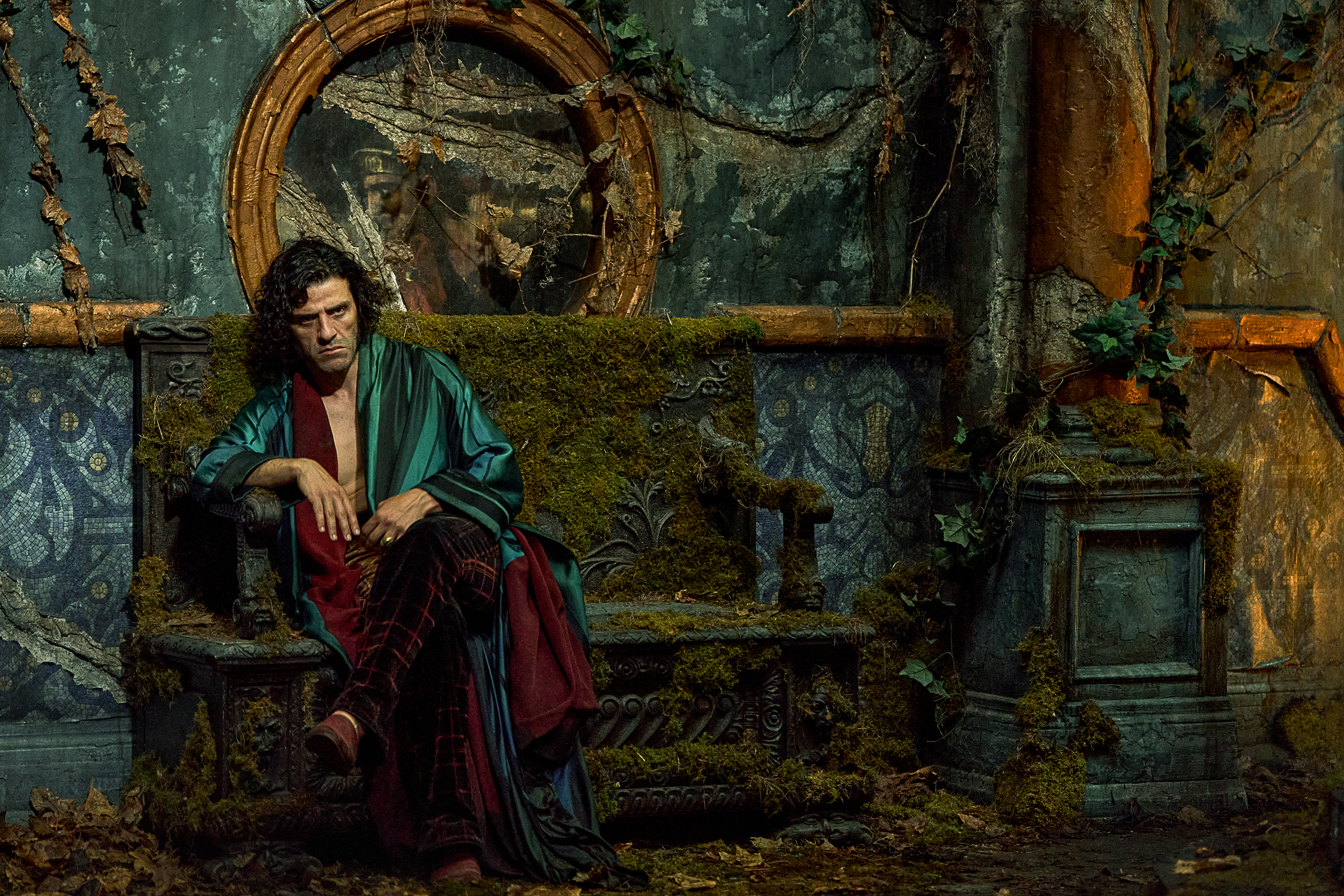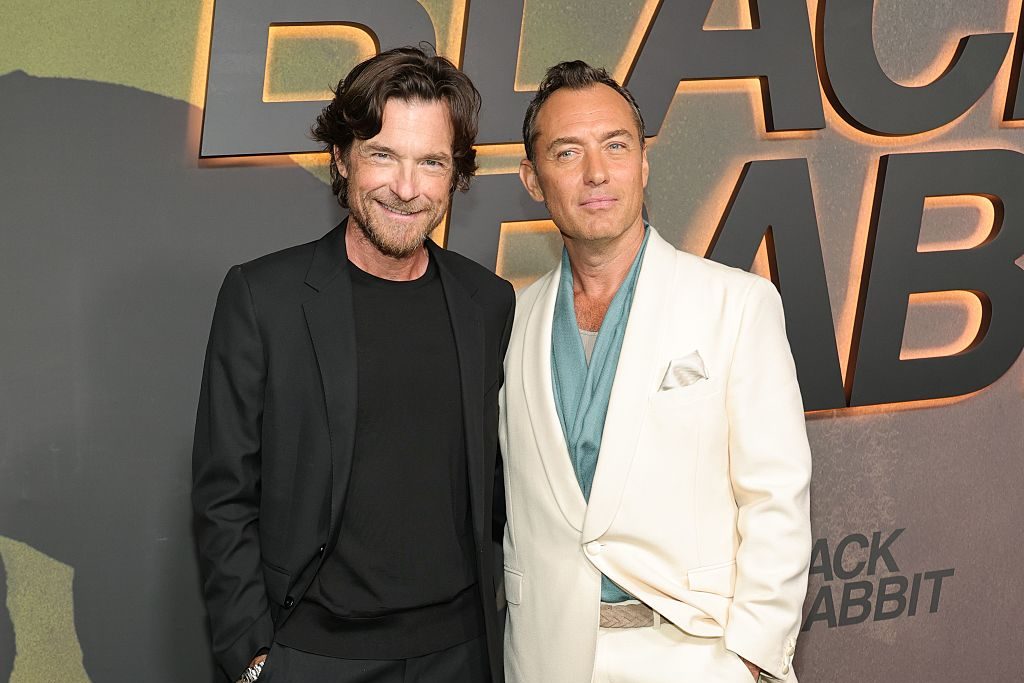If you only watch one thing on TV this Christmas, make it The Witcher (Netflix). It’s by turns funny, exciting, scary, moving, dark, exhilarating; the special effects and battle sequences and fantastical walled cities are convincing; the casting and acting are pleasing; the storylines are a perfect balance between the intimate and the epic. I’m completely hooked.
But what makes it so vastly superior to, say, the other big sword and sorcery series currently on TV, Amazon’s The Wheel of Time?
What it boils down to, I think, is congruence. The Witcher (being based mainly on a popular video game) knows what its preposterousnesses are and inhabits them like well-fitting armor. It knows its audience and wants to delight them. The Wheel, on the other hand is chasing a market that exists only in the tragic imaginations of woke studio executives.
“Game of Thrones for the post #MeToo generation.” This, apparently, was the studio pitch for Wheel — and it shows in its milk-sop insipidity and aversion to danger. The Witcher, on the other hand, takes risks. There is, for example, far, far too much swearing in it. Every other word seems to begin with “f,” almost to the point where it makes Thrones sound like The Waltons. It’s also outrageously violent, with all manner of head slicing, gouging and, as they call it, “injury detail,” depicted with loving relish. You wouldn’t want your eight-year old to watch it.
Except in some ways you would because there’s something unapologetically old-fashioned, even edifying about The Witcher’s approach to storytelling. Perhaps because the original books were written by a Pole, Andrzej Sapkowski, and its adventures inspired by Slavic mythology, it appears to come from a parallel universe which political correctness forgot.
What really strikes you about The Witcher, just because it’s so incredibly rare on TV these days, is the complete absence of politics. There are no woke subtexts. Men generally aspire to be strong and manly; women, though by no means wallflowers, are definitely more feminine than feminists. The world is as cruel and random and morally ambiguous as George R.R. Martin’s but at the same time you are never left in doubt as to the importance of doing the right thing.
The title character is a gift of a role for Henry Cavill whose job, as the mutant monster hunter Geralt of Rivia, is just to look gorgeous and muscular with his long silvery hair, to brood soulfully, to grunt deep sounding platitudes, to be lusted after by maidens, and to kill loads of monsters (and humans) with spectacular swordplay. Cavill is himself a massive gamer and crawled across broken glass to get the part, to which he does more than justice. As a horseman, I particularly enjoy his close relationship with his handsome steed Roach.
It’s also impossible not to love his annoying, on-off side-kick Jaskier (Joey Batey), a lute-strumming bard who sings (rather beautifully), dresses and talks so obviously like a refugee from an early Noughties English pop band transported in a time warp and dumped into a cod-Medieval, Eastern-European fantasy world that every time he appears the fourth wall threatens to explode. The soundtrack by the way is first rate.
And the girls: they’re all great too. Freya Allan is perfect for the role of would-be Witcher and action girl Princess Cirilla; Anya Chalotra is equally delightful as Yennefer, the other main love interest.
But maybe the best thing of all are the monsters, which range from the dangerously fanciable — see episode one of the new season — to the decapitatingly terrifying. Them, and the wizards and witches with their ingenious spells, such as the one where you get to freeze all your enemies at dinner and then methodically cut their throats or stab their eyes as they sit there, conscious, but powerless.
I don’t credit Netflix’s executives for this success. They’re at least as bad as Amazon’s, I’m sure. I just think the material was too strong for them to mess it up, as they tried to do. Nice one Andrzej Sapkowski! Nice one gamers! Top work, Henry Cavill!
This article was originally published on The Spectator’s UK website.



